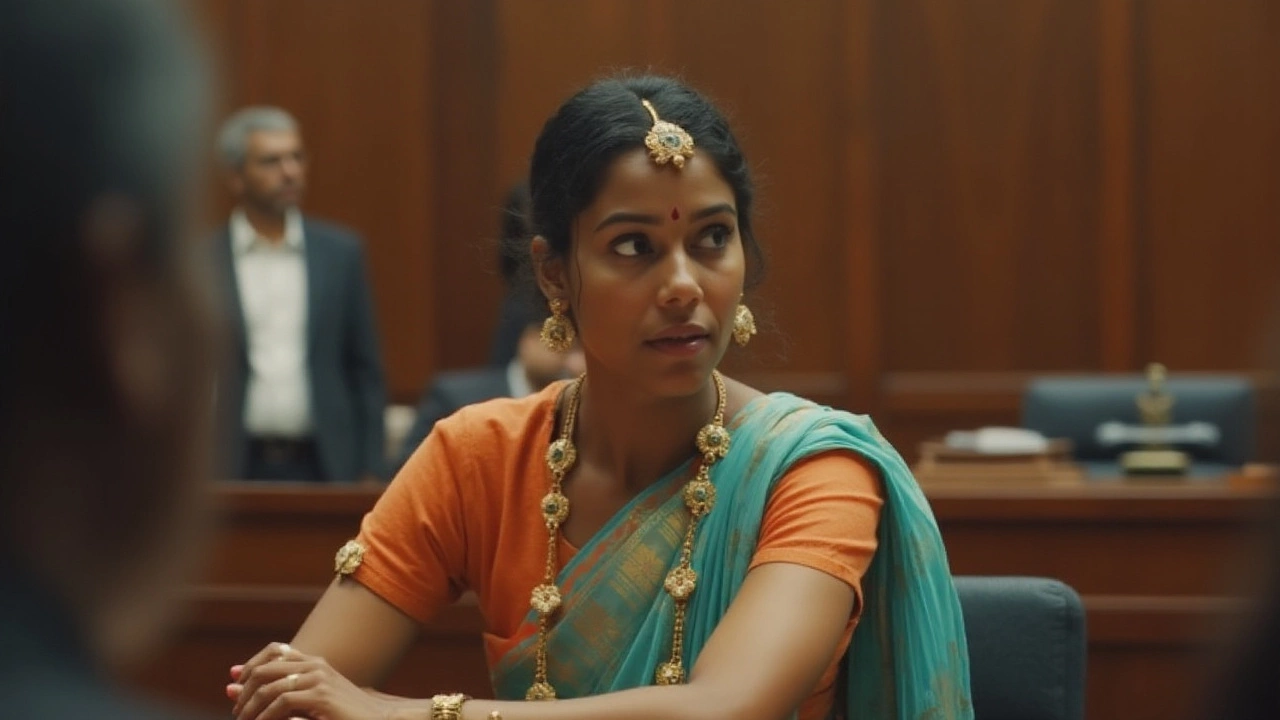Divorce Settlement in India: A Practical 2025 Guide
If you’re thinking about ending a marriage, the biggest worry is usually money and assets. In India, a divorce settlement decides who gets what, how much alimony is paid, and who takes care of children. Getting it right can save you years of stress and court battles. Below you’ll find the basic types of settlements, the step‑by‑step process, and handy tips to make sure you’re not left short‑changed.
Main Types of Divorce Settlements
Indian law recognises three common ways to split up a marriage financially. First, mutual consent settlements happen when both spouses agree on asset division, alimony, and child custody. This is the quickest route because the court only needs to confirm that the agreement is fair.
Second, there’s the contested settlement. This occurs when one partner disputes the terms. The court will look at evidence, like property documents, bank statements, and the length of the marriage, before issuing a verdict. Expect more paperwork and a longer timeline.
Third, a one‑sided settlement can be filed if the other spouse is missing or refuses to cooperate. The filing spouse must prove that they’ve tried to reach an agreement. The judge may then decide based on the available evidence. Recent posts such as “One‑Sided Divorce in India: Process, Rights & Legal Tips in 2025” go deeper into this route.
Steps to Secure a Fair Settlement
1. Gather all financial records. Collect property papers, loan statements, joint bank accounts, and investment details. The more organized you are, the easier it is to prove your claim.
2. Know your legal rights. Under the Hindu Marriage Act and other personal laws, you may be entitled to alimony, maintenance, and a share of shared property. If you’ve been married for more than five years, the court often awards a larger portion of assets.
3. Consult a family lawyer early. A professional can spot pitfalls, like hidden debts, that could affect the settlement. They’ll also help you draft a settlement agreement that meets court standards.
4. Consider mediation. Many courts encourage mediation to cut down on delays. A neutral mediator can help you and your spouse reach a compromise without a full trial.
5. File the petition correctly. Whether you’re filing a mutual consent divorce or a contested one, use the right forms and attach all supporting documents. Missing paperwork can stall the case for months.
6. Plan for child custody. Courts prioritize the child’s welfare. If you’re okay with joint custody, mention it clearly. If you prefer sole custody, be ready to show why this is in the child’s best interest.
7. Stay realistic about timelines. A mutual consent divorce can close in as little as six months if the cooling‑off period is waived, but a contested settlement often takes a year or more. Knowing the timeframe helps you prepare financially.
8. Keep communication civil. Angry emails or social media posts can be used against you in court. Stick to facts and let your lawyer handle negotiations.
Following these steps gives you a solid foundation for a settlement that protects your future. Remember, a fair division isn’t just about money—it’s about creating a clean break so both parties can move on.
For more detailed guides, check out our related articles like “Is 1‑Year Separation Required for Divorce in India?” and “Instant Divorce Myths in 2025”. They dive into specific scenarios that might affect your case.
Bottom line: start early, stay organized, and get professional advice. A well‑planned settlement can turn a stressful life event into a manageable transition.

Determining Husband's Financial Obligations After Divorce in India
Navigating the financial dynamics post-divorce in India can be complex, especially when determining how much money a husband should provide his wife. This involves understanding legal obligations, societal norms, and individual circumstances. The Indian legal system provides specific guidelines for calculating alimony, but personal factors such as the couple’s financial status, lifestyle, and other dependencies play a crucial role. Knowing these aspects can help manage expectations and prepare for future changes.

Understanding Wife's Entitlements in Indian Divorce Settlements
Navigating the complexities of divorce settlements in India can be daunting, especially when understanding a wife’s entitlements. This informative article explores the legal framework guiding divorce settlements, focusing on the rights and entitlements of a wife. Delving into factors like alimony, maintenance, child custody, and property division, it provides a clear understanding of what is commonly granted to a wife during the legal dissolution of a marriage in India. It also offers practical tips to help women seeking their rightful share.

Understanding Divorce Settlement for Wives in India: A Comprehensive Guide
Navigating through a divorce can be daunting, especially when it comes to understanding financial settlements in India. This article delves into the intricacies of how much money a wife is entitled to after a divorce in India. It examines the legal framework, rights, and factors influencing alimony and settlement amounts. Providing practical advice and insights, this comprehensive guide aims to help women in India understand their financial entitlements during this challenging time.